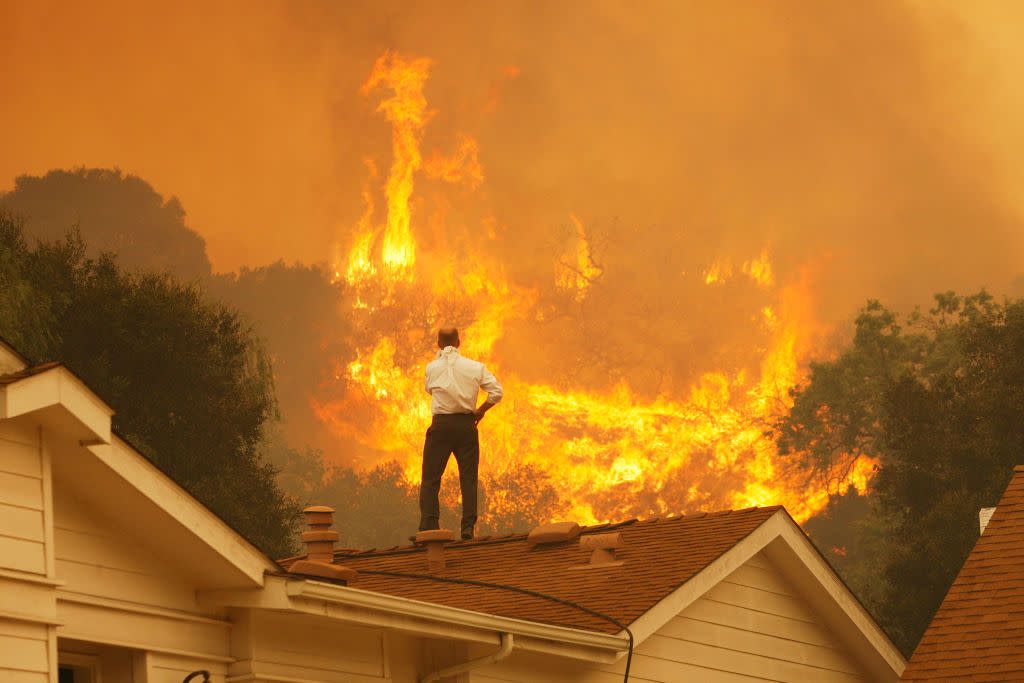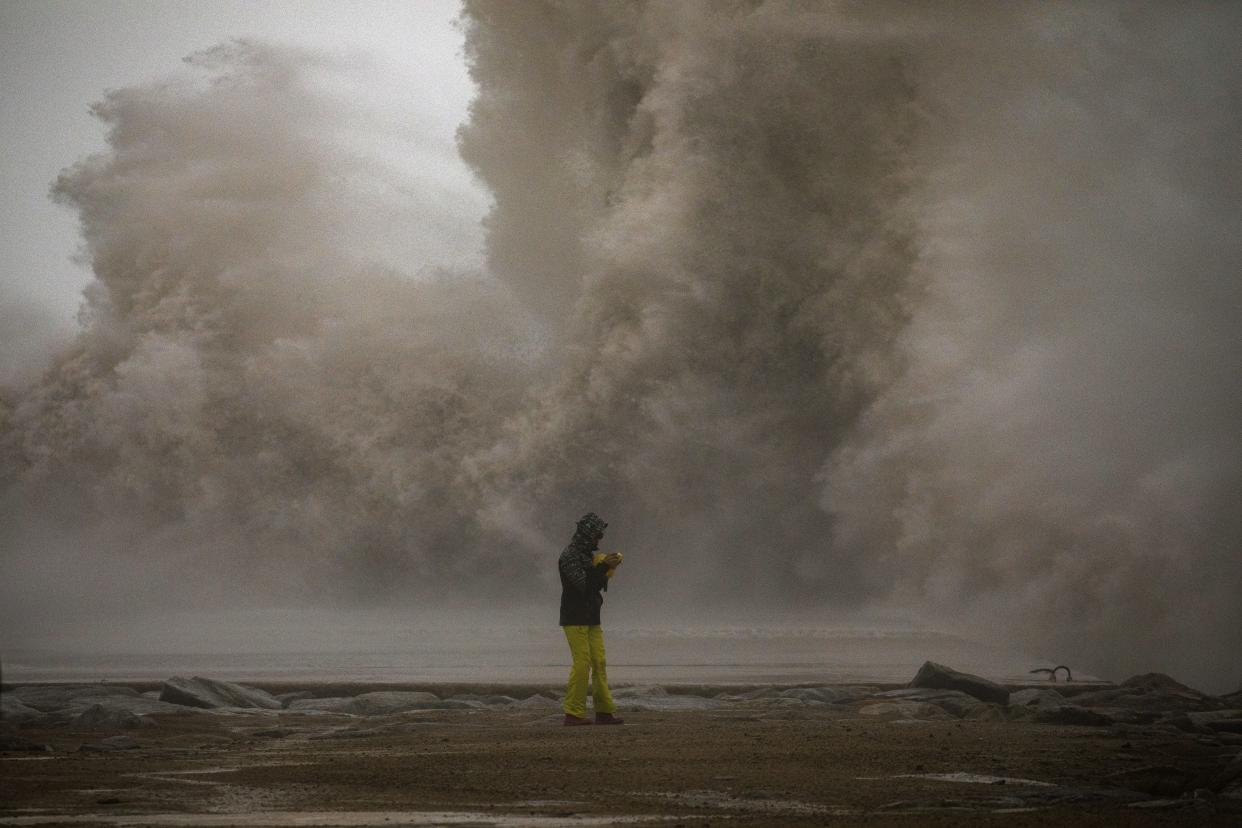‘Words matter’: Numerous news outlets to use ‘climate emergency’ instead of ‘climate change’
Forget climate change. It’s a climate emergency.
The evidence is irrefutable, and now dozens of news outlets worldwide are joining the thousands of scientists who have been clamoring ever more loudly for the world to take note of the existential, self-made threat facing humanity — and act on it.
“Journalism should reflect what science says: the climate emergency is here,” wrote Scientific American senior editor Mark Fischetti, explaining the magazine’s decision to swap out the term “climate change” for “climate emergency.”

It simply reflects and describes the reality that we are facing, he noted.
“This idea is not a journalistic fancy,” Fischetti wrote. “We are on solid scientific ground.”
That ground has been laid by myriad experts over the past several decades, including more than 11,000 scientists from 153 countries who in 2019 signed a declaration warning of “untold human suffering” if climate change is not stemmed. The number has since increased to 13,802 scientists and 156 countries, according to the Alliance of World Scientists at Oregon State University.
Moreover, at least 1,859 jurisdictions in 33 countries, covering more than 820 million people, have issued climate emergency declarations, according to the monitoring website Climate Emergency Declaration, as Scientific American noted in an earlier op-ed.
That includes Spain, which declared a climate emergency in January of last year; the southern German city of Konstanz, near the Swiss border, which did so in May 2019, according to The Associated Press; the European Union Parliament, as AP reported at the end of 2019, and the U.S.’ own Sen. Bernie Sanders and Rep. Alexandria Ocasio-Cortez calling on President Biden’s administration to declare a climate emergency in February of this year, AP reported.

News outlets around the world have vowed to use the word “emergency” in relation to climate, signing a statement under the auspices of Covering Climate Now, a journalism initiative to highlight environmental stories and bring home the ways in which this is truly a 911 situation. Besides Scientific American, they are the Columbia Journalism Review, The Nation, The Guardian, Noticias Telemundo, Al Jazeera English, The Asahi Shimbun and La Repubblica.
“It’s time for journalism to recognize that the climate emergency is here,” the statement reads. “This is a statement of science, not politics.”
From April 12 through 22, Earth Day, Covering Climate Now is spearheading increased coverage of the climate crisis, likening it to an emergency as severe as the COVID-19 pandemic that has killed upwards of 564,000 people in the U.S. alone, and nearly 3 million total worldwide.
With 2020 as the hottest year on record, and as six-month summers draw closer and closer to being reality, there is no time to waste, journalists said — and it’s time to call it what it is.
“Why ‘emergency’?” the journalism statement said. “Because words matter. To preserve a livable planet, humanity must take action immediately.”
